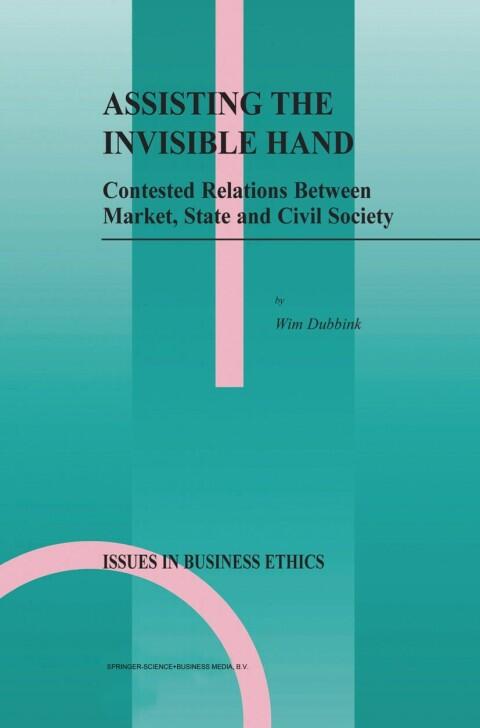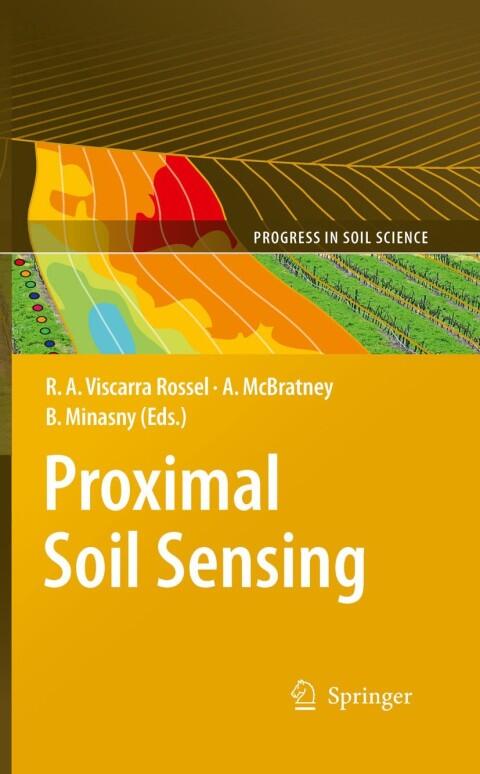
Assisting the Invisible Hand: Contested Relations Between Market, State and Civil Society
بواسطة
W. Dubbink
لا توجد تقييمات بعد
Science & Technology
Business & Economics
Philosophy
تنسيق
كيندل
صفحات
250
لغة
الهولندية، الفلمنكية
منشور
Jan 1, 2013
الناشر
Springer
الطبعة
2003
رقم ISBN-10
9401707979
رقم ISBN-13
9789401707978
الوصف
In a world where free markets dominate the landscape of modern liberal democracies, the complexities of public life often reveal deep-seated tensions among the entities that shape it: the market, the state, and civil society. W. Dubbink explores these contested relationships, highlighting how the marketplace can sometimes contradict the welfare of the public it purports to serve. The narrative delves into the ethical dilemmas that arise when economic pursuits conflict with societal needs, challenging the assumption that market solutions are always beneficial.
Through detailed analysis, Dubbink examines the implications of market actions on governance and civic engagement, shedding light on the intricate dynamics that exist. As he discusses different perspectives, he illustrates how the interplay between these three spheres influences policy and societal wellbeing. Dubbink's insight extends beyond theory, urging readers to consider practical implications and ethical responsibilities of businesses and policymakers alike.
The book serves as both a critique and a call to action, providing thought-provoking insights for those interested in the intersection of ethics, economics, and public policy. Dubbink prompts a reevaluation of how we view market systems and the role they play in fostering a just society, encouraging a deeper understanding of the inherent challenges that each entity faces in achieving harmony.
Through detailed analysis, Dubbink examines the implications of market actions on governance and civic engagement, shedding light on the intricate dynamics that exist. As he discusses different perspectives, he illustrates how the interplay between these three spheres influences policy and societal wellbeing. Dubbink's insight extends beyond theory, urging readers to consider practical implications and ethical responsibilities of businesses and policymakers alike.
The book serves as both a critique and a call to action, providing thought-provoking insights for those interested in the intersection of ethics, economics, and public policy. Dubbink prompts a reevaluation of how we view market systems and the role they play in fostering a just society, encouraging a deeper understanding of the inherent challenges that each entity faces in achieving harmony.



















